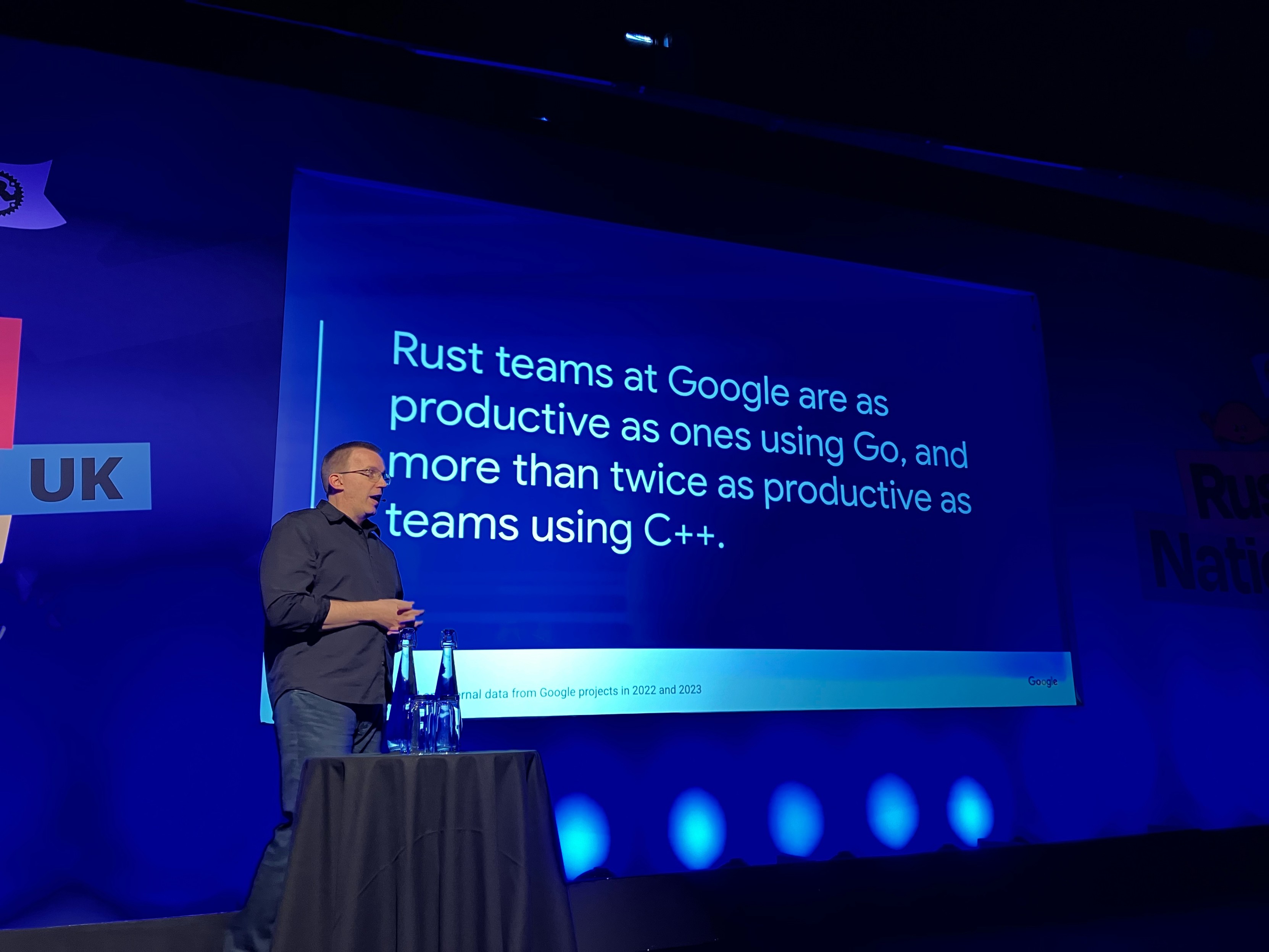I can respect that. Appreciate your thoughtful responses!
arendjr
That’s fair too. I mean, feelings are real, but they are part of a subjective reality that’s not measurable from an objective perspective. But that alone is sufficient to say that science cannot answer all questions, because scientific measurements are inherently limited to objective reality.
Of course there are those that say there must be a single objective reality from which all subjective experiences can be explained, but that’s a huge assumption.
Personally, I think it’s also a dimensional thing. Reality extends beyond the dimensions of time and space, this much has already been scientifically proven. Unless you somehow believe there is a finite limit on the number of dimensions, there will always be dimensions beyond our grasp that we cannot measure or understand (yet).
And bringing it back to the discussion of LLMs, they are inherently limited to a 4-dimensional reality. If those dimensions are sufficient to create consciousness, my position would be that it’s a very limited form of consciousness.
Yeah, I think I see where you’re coming from. It’s a fair point, and we need to be very careful not to loose sight of reality indeed.
The idea of the Universal God is very tolerant towards “fantasy” so far as it exists in the minds of people, yet it also prescribes to align such belief with a scientific understanding. So the thing I’m trying to say is: believe what you want to believe, and so long as it’s a rational and tolerant belief, it’s fine. But it does explicitly recognise there are limits to what science can do for us, so it provides the idea of Universal God as kind of a North Star for those in search, but then it doesn’t really prescribe what this Universal God must look like. I don’t see it as a religious god, but more a path towards a belief in something beyond ourselves.
In the book I also take effort to describe how this relates to Buddhism, Taoism, and Abrahamic religions, and attempt to show how they are all efforts to describe similar concepts, and whether we call this Nature, Tao, or God, doesn’t really matter in the end. So long as we don’t fall into nihilism and believe in something, I believe we can find common ground as a people.
This definition of consciousness essentially says that humans have souls and machines don't.
It does, yes. Fwiw, I don’t think it’s necessarily exclusive to humans though, animals and nature may play a role too.
It's unsatisfying because it just kicks the definition question down the road.
Sure, but I have an entire philosophy set up to answer the other questions further down the road too 😂 That may still sound unsatisfying, but feel free to follow along: https://philosophyofbalance.com/
It claims that none of our normal analysis and measurement tools apply to it.
I believe that to be true, yes.
That may be true, but if it is, how can anyone defend the claim that an AI does or does not have it?
In my view, machines and AI can never create consciousness, although it’s not ruled out they can become vessels for it. But the consciousness comes from outside the perspective of the machines.
I think the reason we can’t define consciousness beyond intuitive or vague descriptions is because it exists outside the realm of physics and science altogether. This in itself makes some people very uncomfortable, because they don’t like thinking about or believing in things they cannot measure or control, but that doesn’t make it any less real.
But yeah, given that an LLM is very much measurable and exists within the physical realm, it’s relatively easy to argue that such technology cannot achieve conscious capability.
I think you’re hitting some good points, but the thing we need to teach these boys is that they shouldn’t be looking towards society for rewards. Society’s rewards have become a gamified rat race, so the way out is men to look inward. Not gonna lie though, that’s easier said than done…
I recently wrote a post too that touches on this topic: https://philosophyofbalance.com/blog/the-emancipation-of-men/
Fixed, thank you.
I think it’s fear. People fear that their country doesn’t produce enough and isn’t wealthy enough to support an army that is capable enough to keep any real or imagined enemies at bay. Add a good amount of corruption and propaganda to it, and you get a perpetual cycle where this fear needs continuous fuelling.
The worst part of it is that the fear isn’t entirely unjustified. As the Ukraine war shows, predators will try to pray on the weak, and Europe has been complacent about its own defence.
That doesn’t mean I think capitalism is the answer of course, but it is a horribly delicate balancing act to consider all concerns.
I am literally wrapping up a novel where the protagonist is the antagonist at the same time. I’m not the first one to write such a story of course, but holy shit did I have to work through some internal trauma to write that story to a suitable ending. I understand why many people may not want to bother…
Don’t be so gloomy! You’re an individual number too! 😜

True, but aren’t there decent Android emulation layers for Linux available nowadays? Not sure how well-integrated into SailfishOS that is, but giving it a shot…